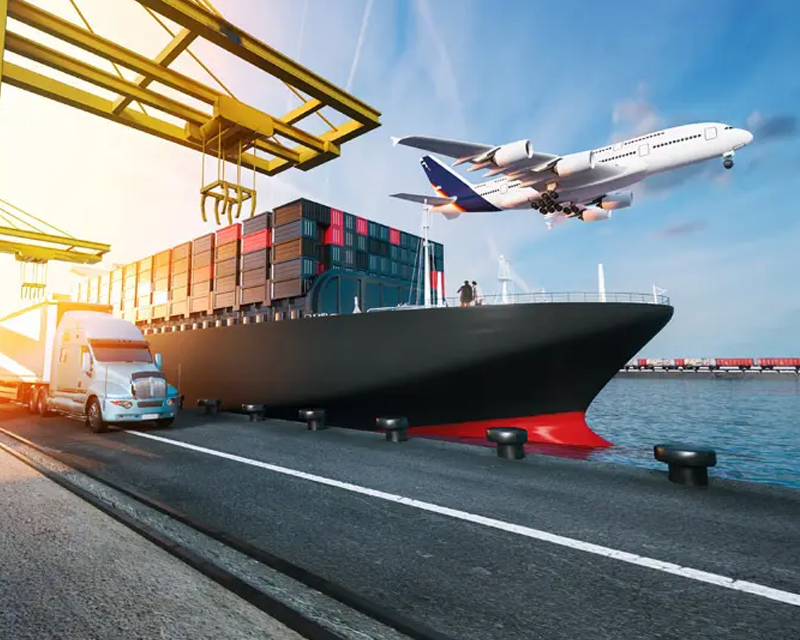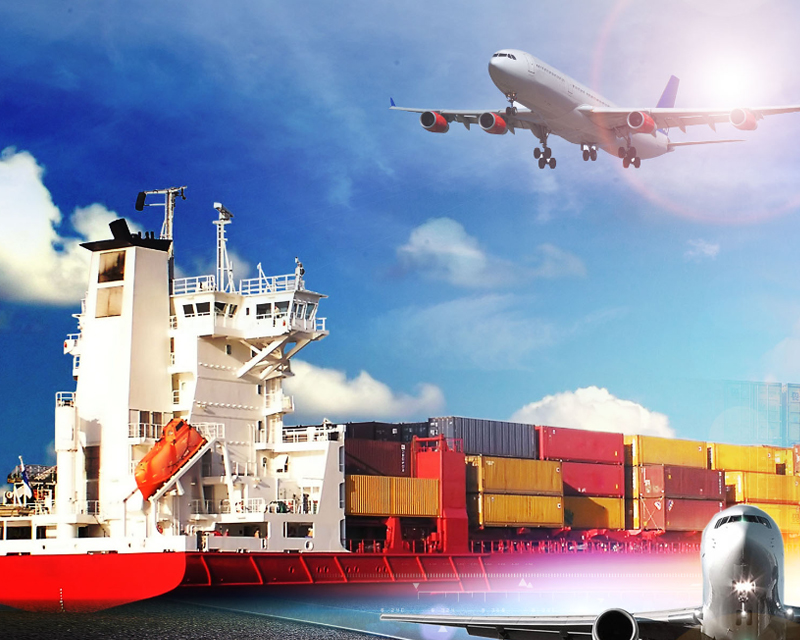Responsibility Division of International Freight Forwarders
(1) Division of responsibilities when appearing as a pure agent
As an agent, the freight forwarding company acts as a bridge between the shipper and the carrier, and the shipper and the carrier sign the transportation contract directly. The freight forwarding company charges commission and has little responsibility. When the goods are lost or damaged, the shipper can directly claim compensation from the carrier.
(2) Division of responsibilities when appearing as a party
1. The freight forwarding company signs a contract with a third party (carrier) in its own name
2. Use your own warehouse or transportation tool when arranging storage and transportation
3. Collect price difference when arranging transportation and LCL consolidation
In the above three cases, for the shipper, the freight forwarder is the carrier and should be held responsible.
(3) Division of responsibilities when appearing as a non vessel carrier
When a freight forwarder engages in NVOCC business and issues their own NVOCC bill of lading, they become the NVOCC operator and are regarded as the legal carrier, having both the nature of a carrier and a shipper.
(4) Division of responsibilities when appearing as a multimodal transport operator
When freight forwarders are responsible for multimodal transportation and issue bills of lading, they become multimodal transport operators (MTOs) and are considered legal carriers.
1. The United Nations Convention on Multimodal Transport stipulates MTO's liability for compensation for loss of or delay in delivery of goods
(1) The maximum compensation limit for loss or damage to goods shall not exceed 920SDR per piece or transport unit, or 2.75SDR per kilogram, whichever is higher. However, if international multimodal transportation does not include sea or inland waterway transportation according to the contract, MTO's liability for compensation shall not exceed 8.33 SDR per kilogram of the gross weight of the lost or damaged goods.
(2) For delayed delivery of goods, a 90 day delivery deadline is set, and MTO's compensation limit for delayed delivery is 2.5 times the freight cost of the delayed goods, which cannot exceed the full contract freight cost.
2. The Maritime Law of China stipulates that MTO shall be liable for compensation for the loss or delay in delivery of goods
(1) For loss or damage to goods: 666.67 SDR per piece or other transportation unit, or 2 SDR per kilogram based on the gross weight of the lost or damaged goods, whichever is higher.
(2) For delayed delivery, China's Maritime Law stipulates that the delivery period of the goods is 60 days, and the compensation limit for MTO delayed delivery is the amount of freight for the delayed delivery of the goods. However, delayed delivery caused by the carrier's intentional or negligent act does not enjoy this restriction.
(5) Division of responsibilities when appearing as a "mixed" identity
Freight forwarders have a wide range of business scope. In addition to acting as freight forwarders for customs declaration, inspection, and transportation arrangements, they also use their own employees to provide services with their own vehicles, ships, planes, warehouses, and loading and unloading tools, or act as carriers during the land transportation phase and agents during the sea transportation phase. The confirmation of the legal status of freight forwarders cannot be simplified, but should be analyzed based on specific circumstances.
(6) Division of responsibilities based on contract terms
The responsibilities of freight forwarders are often clearly defined in the standard trading conditions of different countries. Usually, these standard transaction conditions are combined in the receipt certificate or similar documents issued by the freight forwarder to the shipper.











 Links
Links